The Nationalsozialistische Deutsche Arbeiterpartei, or the Nazi Party for short, remains infamous 80 years later because of the atrocities they committed across Europe and throughout the world in World War 2.
And yet, in 2019, we have seen a resurgence of Nazi symbolism such as Wisconsin school students doing the Nazi salute, Nazi graffiti on the Oklahoma Democratic Party Headquarters, and students prom-posing with Nazi symbolism.
What the heck is going on?!
Now an important question arises from a recent production by German hardcore rock band, Rammstein, known for such vocal-shredding pieces like "Du Hast."
If you're unfamiliar with the band, here's one of their videos.
Rammstein - Du Hast (Official Video)www.youtube.com
Yeah, don't listen to this too loud.
It hurts.
Recently, Rammstein produced a nine minute long music video for the song "Deutschland" that includes footage of the band in concentration camp uniforms with nooses around their necks.
Deutschland is the name for Germany in German.
After news of the video broke, Emmanuel Nahson, Israel's Foreign Ministry Spokesman, called the footage "shameful" and "uncalled for."
But "Deutschland," the song, appears to be a thorough criticism of Germany and its history.
This prompted some people to believe that the imagery was not used to trivialize the Holocaust, but rather to fully represent and educate about the dark history of Germany.
People replied directly to Nahshon that they didn't fully buy his reading of the video.
Nahshon is holding tight to his view however.
In 2017, a New Jersey high school's production of Ragtime, a musical that explores the themes of racism in early 20th century America, was hit with an injunction by the NAACP for its usage of the n-word in the script.
While not a direct parallel to Rammstein's depiction of atrocities of the Holocaust, the school won its case, citing that censorship of the word in context of the show does a disservice to the people who suffer at the mercy of that word to this day.
Also, people are pointing out the irony of censorship: something fascists like the Nazi Party embraced.
Again, there is no clear answer. The Holocaust is clearly not a topic to be taken lightly.
But is removing the Holocaust from the collective consciousness a solution? Or, will it lead to Holocaust deniers and the resurgence of Nazi symbolism?
Two thirds of millennials don't know what Auschwitz is.
The atrocities of World War II could easily die with a generation. It is important that rather than forget, as we wish we could, we remember--so that we can rise up to stop it should we see history repeating itself.

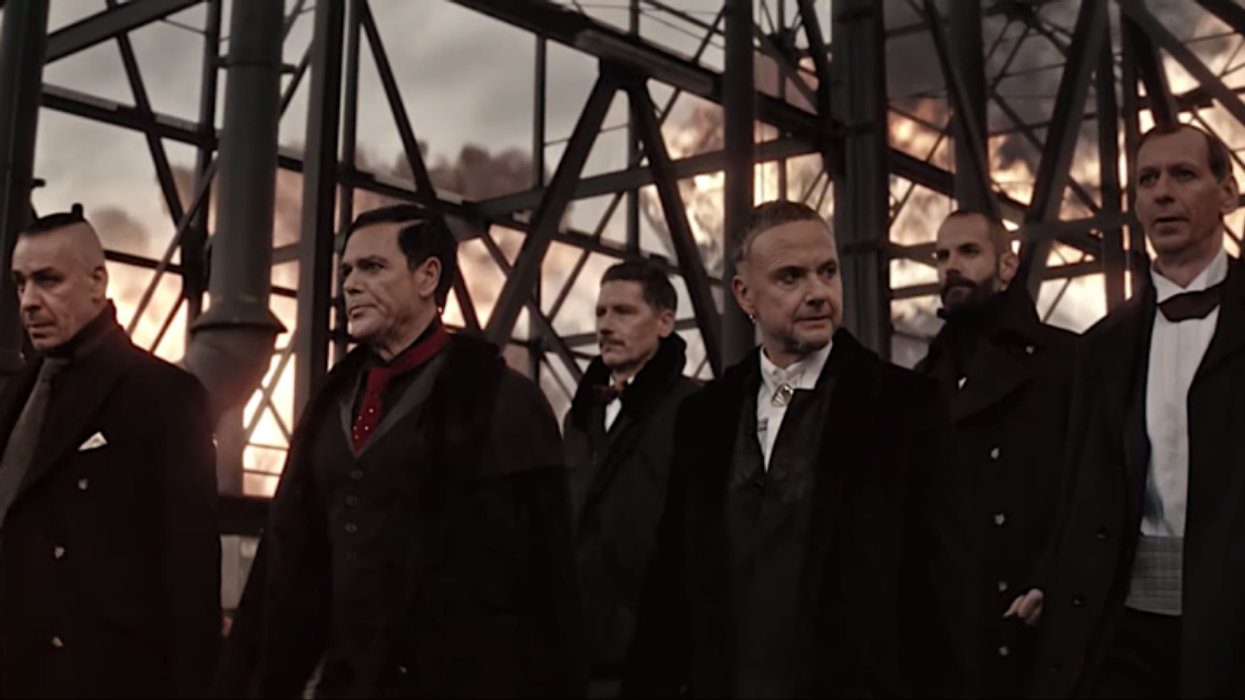



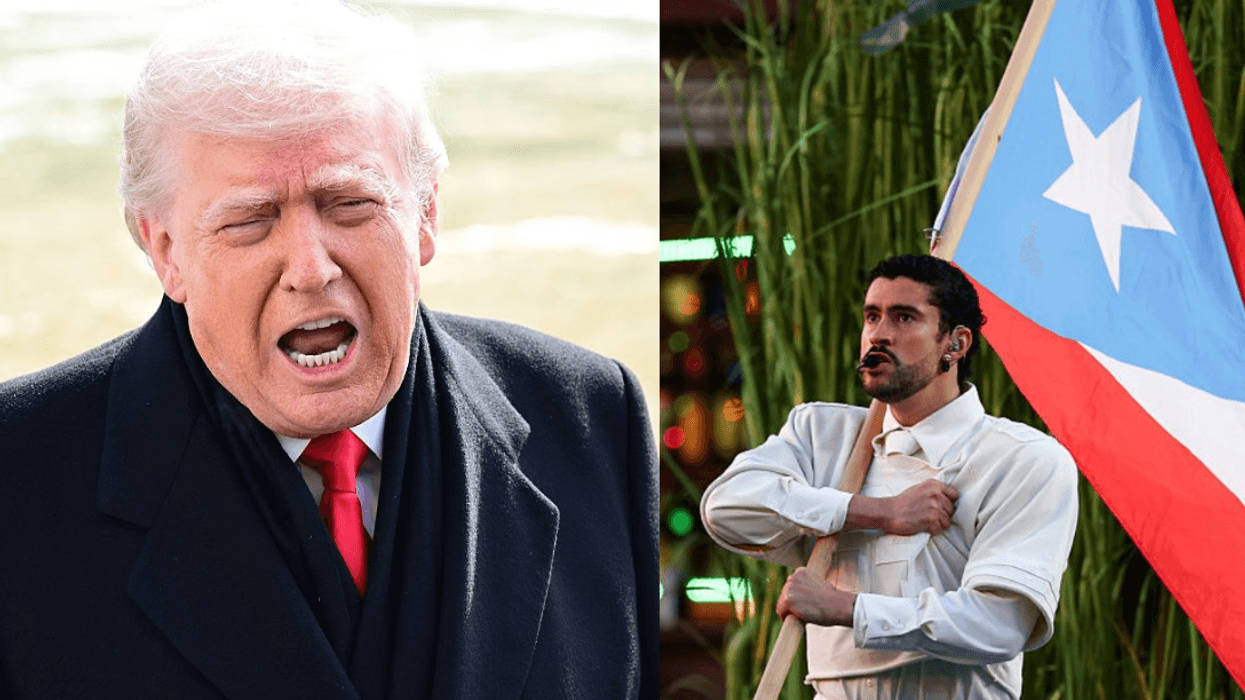

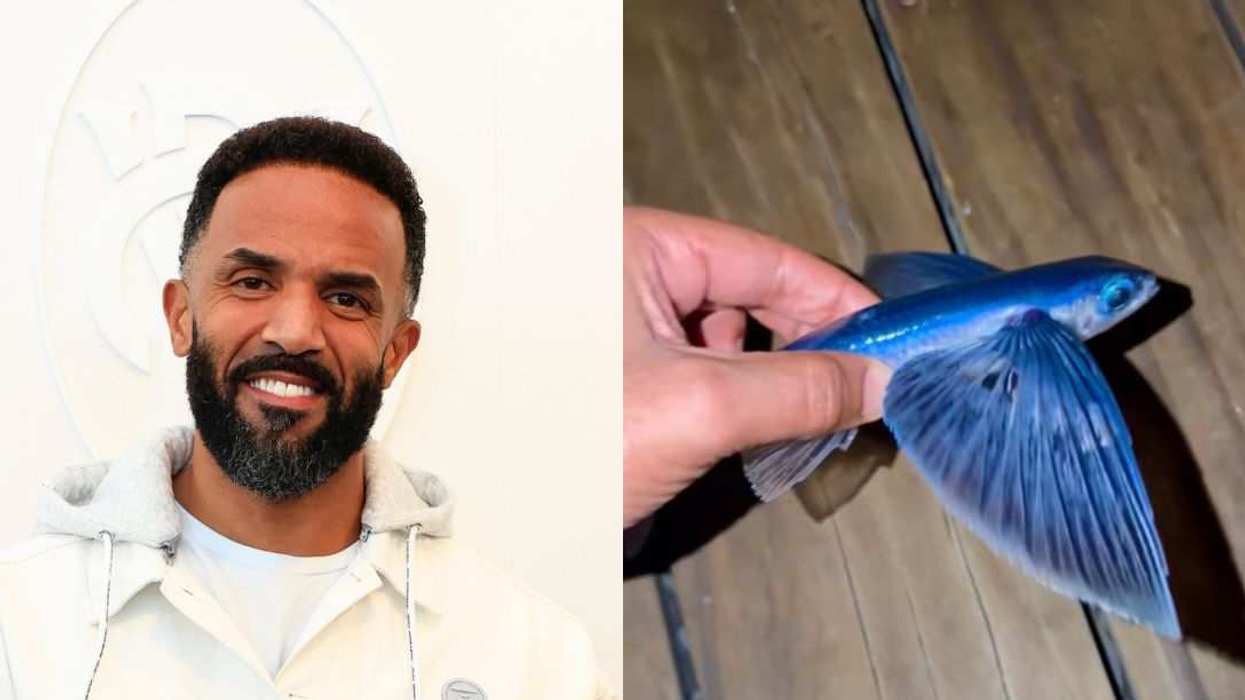





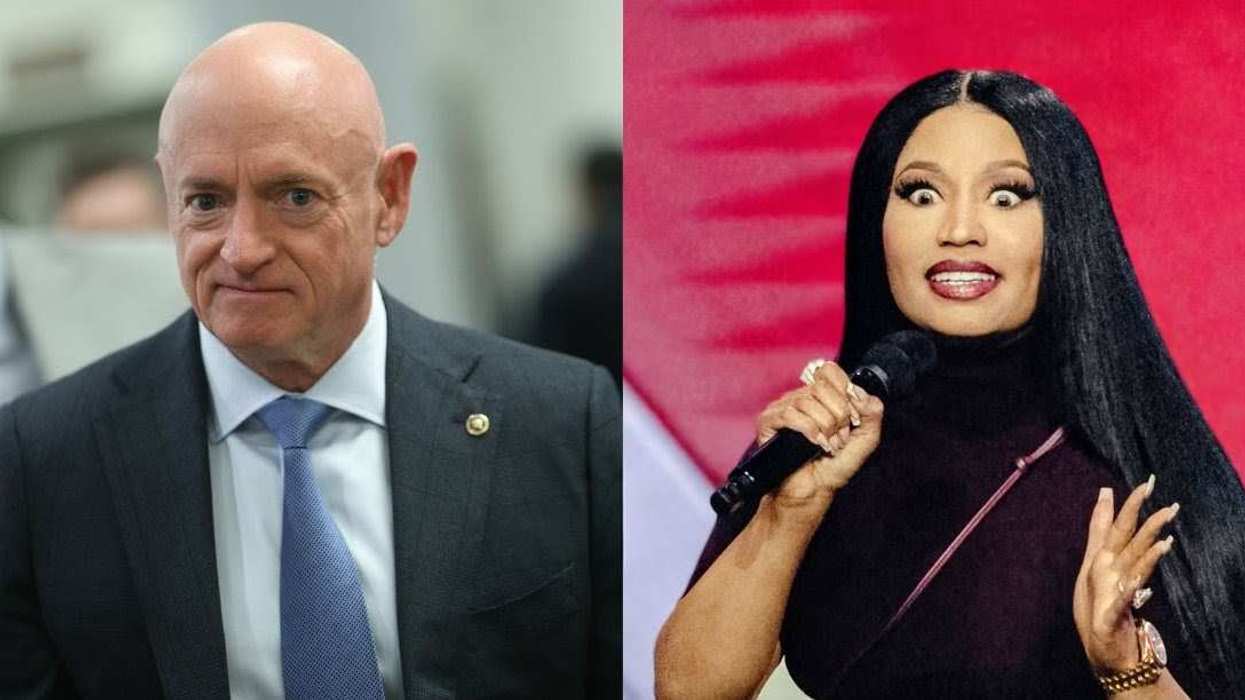
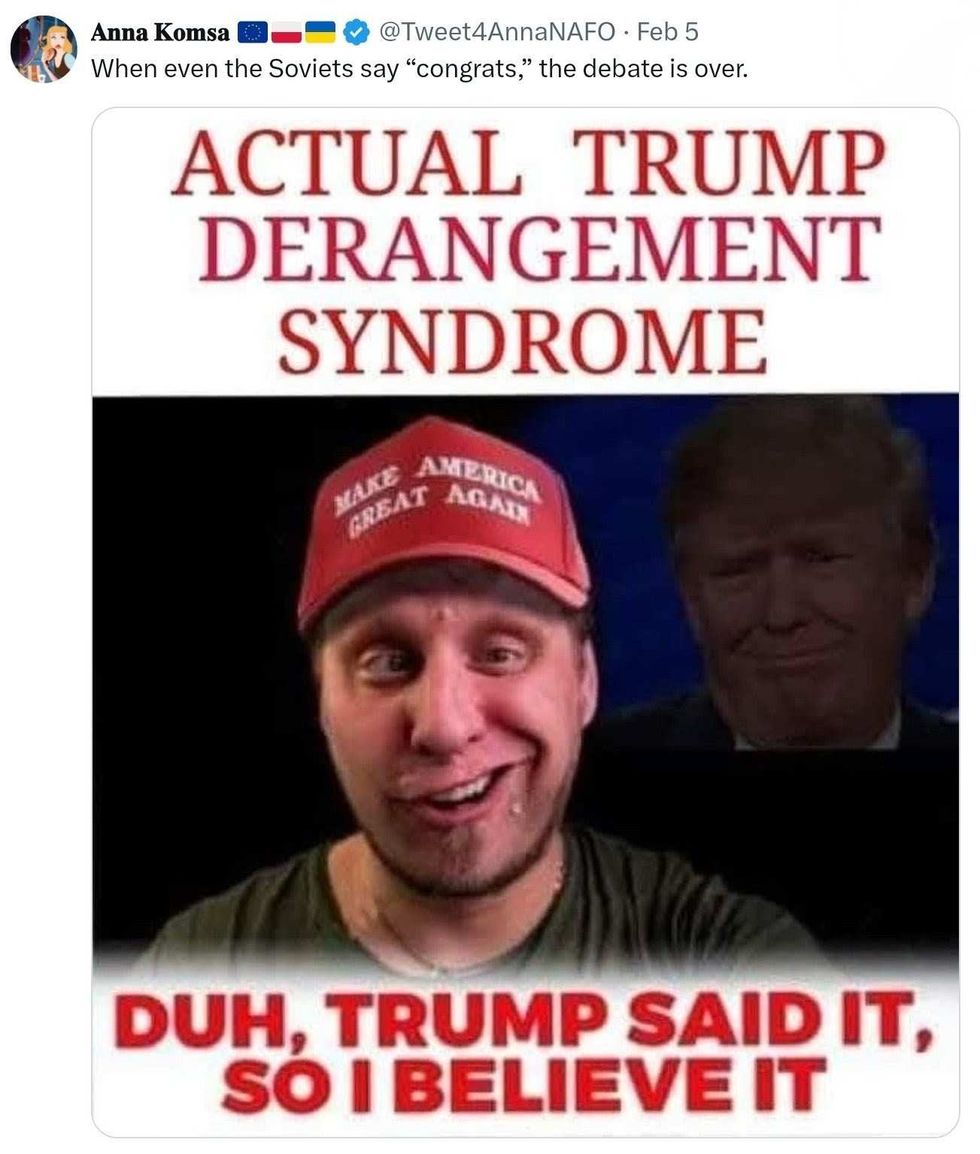 @TweetforAnnaNAFO/X
@TweetforAnnaNAFO/X

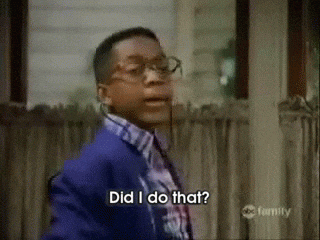 Steve Urkel Oops GIF
Steve Urkel Oops GIF  Moon Walk Dance GIF
Moon Walk Dance GIF 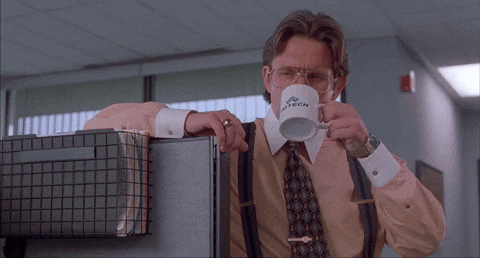 The Office Monday GIF by 20th Century Fox Home Entertainment
The Office Monday GIF by 20th Century Fox Home Entertainment 